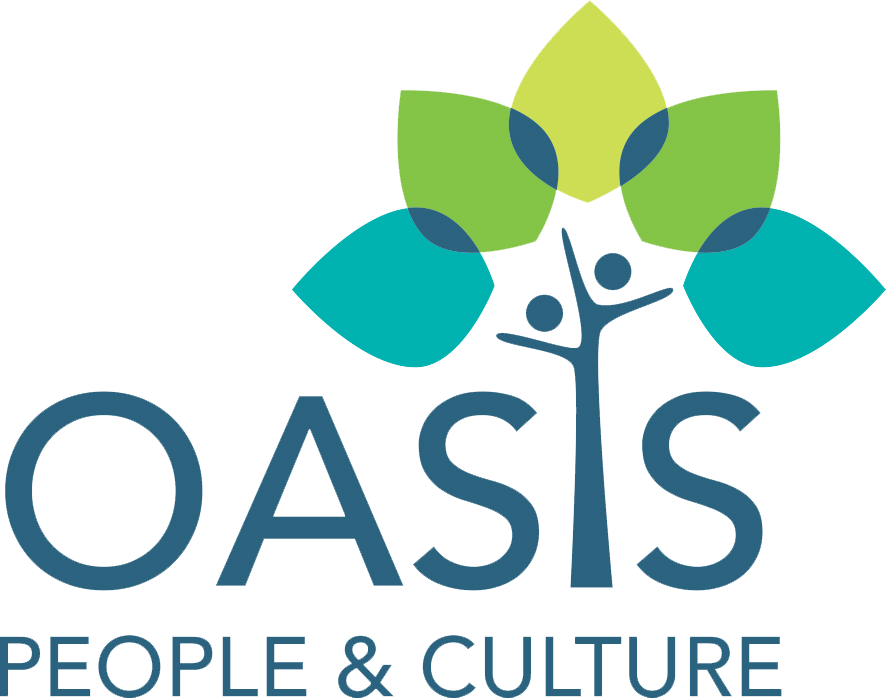Oasis People and Culture focuses on building relational health and maturity that leads to high performance in organisations. But how is relational health and maturity defined? A number of factors point to whether an organisation is doing well or struggling in this area:
1. The ability to have respectful disagreement
How we behave under pressure is the real test of relational health. It is not difficult to have respectful conversations and relationships when we are in agreement or when things are going well. It is when the pressure comes that the shadow side of our personalities can emerge, damaging relationships and undermining performance. Relational health does not necessarily mean agreement but it does mean the capacity to listen to others even whilst advocating one’s own strong contrary views.
2. Choosing not to be offended
When there is relational health people do not jump to negative judgements about what others say or do. They presume the best and believe that their colleagues are looking out for them, concerned for them and wanting the best for them and the organisation.
3. Curiosity
This relates to choosing not to be offended. In the face of unexpected decisions or actions a culture of curiosity leads a person to first of all seek to clarify the intentions and thoughts of the other. A culture of curiosity is visible when questions like, “can you walk me through your thinking on that” or “I am struggling with that decision help me to understand” are heard.
4. Direct conversations can be had
Relational health means that the conversations that need to be had can be had. Needing to ‘walk on egg shells’ is a sign that fear of the negative reactions of others is driving. Direct does not mean abusive. But it does mean that the conversation which needs to be had can be had without manipulation.
Ultimately relational health frees people to be themselves and enables organisations to prosper. We know that human interaction in a core business process. When it fails, so do many of the organisational systems and outcomes. When it works, organisations experience higher levels of employee engagement, productivity, efficiency and success.
